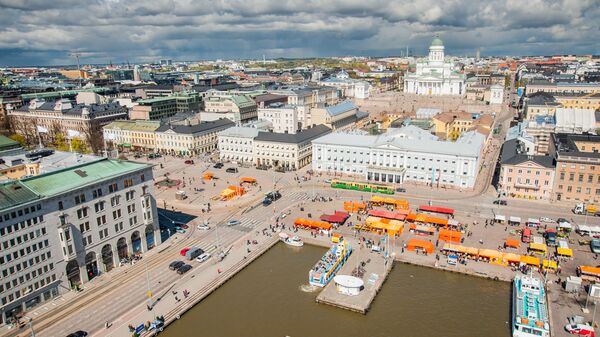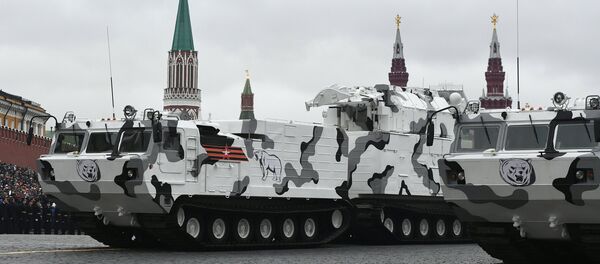FAIRBANKS (Sputnik) — The 10th biennial ministerial meeting will review the work completed under the two-year long US Chairmanship, and address the most pressing regional issues, including socioeconomic and environmental.
While US President Donald Trump is about to decide whether the United States would remain a part of the Paris Climate Agreement, Deputy US Assistant Secretary of State for Oceans and Fisheries David Balton told reporters Monday that the Arctic Council ministerial will not be the venue for communicating that decision.
The meeting concluding the US chairmanship is expected to be attended by ministers from all eight Arctic States.
Russian Foreign Minister Sergey Lavrov will lead the Russian delegation, while the US delegation will be headed by Secretary of State Rex Tillerson.
At the previous Arctic ministerial in Iqaluit, Canada in April 2015, Russia was represented by its Minister of Natural Resources Sergey Donskoy.
US Senator Lisa Murkowski, who represents the state of Alaska, told Sputnik the issues and concerns of the indigenous people of the Arctic region should be among top priorities of the Arctic Council.
Former Secretary of State John Kerry set an ambitious agenda for the US chairmanship under the theme "One Arctic" — to address climate change living conditions for the Arctic communities, adapting to climate change, and enhance ocean safety.
The ministerial meetings are held every two years at the passing over the chairmanship between the member states. Finland will assume the chairmanship for the 2017-1019 period.
The Arctic Council is an intergovernmental forum comprised of the eight Arctic nations, the United States, Canada, Russia, Sweden, Norway, Iceland, Finland, and Denmark. Six international organizations representing Arctic Indigenous Peoples have permanent participant status. There are currently twelve non-Arctic observer nations. The intergovernmental group aims to facilitate cooperation among the eight states and Arctic indigenous communities and focuses on sustainable development and environmental protection of the region.





